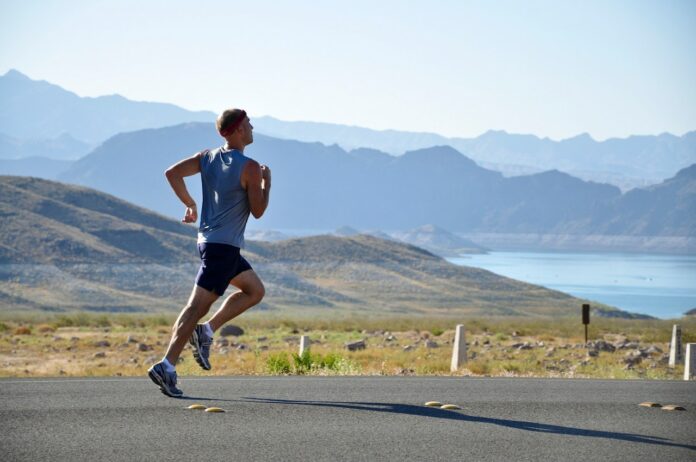Athletes need to fuel their bodies with the right nutrients in order to perform at their best. Beginner athletes, in particular, may not be familiar with the dietary needs of an athlete and how it differs from a regular diet. What kind of diet should beginner athletes follow? It is important for beginning athletes to understand that nutrition plays a key role in performance and recovery.
1. Nutrition is Key
The most important aspect of an athlete’s diet is to ensure that they are getting a balanced and nutritious diet. This should include plenty of fruits, vegetables, whole grains, low-fat dairy products, lean proteins, and healthy fats. Additionally, it is essential for athletes to properly hydrate by drinking plenty of water throughout the day. According to crazy nutrition, a beginner athlete’s diet should consist of 55-60% carbohydrates, 25-30% protein, and 15-20% fat. It is also recommended that beginner athletes take supplementation if necessary to meet their dietary needs—such as vitamins or minerals that may not be present in their regular diets. This will provide the proper nutrients needed to fuel their workouts and improve performance.
2. Portion Control
Beginner athletes should practice portion control in their diets. Eating healthy foods is important, but eating the right amounts of those foods is equally important. If an athlete eats too much food for their activity level, then they will likely gain weight and struggle to stay in shape. On the other hand, if they eat too little, their body won’t have enough fuel to perform at their best during workouts and competitions. Instead of eating three large meals a day, beginner athletes can benefit from splitting them into smaller portions and eating several times throughout the day. This helps keep blood sugar levels steady and prevents overeating or hunger pangs during workouts.
3. Hydration
Staying hydrated is essential for any athlete, beginner, or experienced. Beginner athletes should aim to drink at least 1 liter of water per day and increase their intake if they are engaging in more physical activity. This can be done by carrying a reusable water bottle with them throughout the day. Athletes should also pay attention to signs of dehydration such as dry mouth, headache, dizziness, and fatigue. Sports drinks may also be beneficial during exercise bouts lasting longer than an hour, as these drinks contain electrolytes that help the body retain fluid and provide energy. However, beginners should avoid sugary drinks and stick to plain water and low-sugar sports drinks when possible.
4. Fuel Up Before and After Workouts
Regardless of the type of sport or activity you’re doing, fueling up before and after workouts is essential for athletes. For beginners, it’s important to eat a meal or snack that contains both carbohydrates and protein about two hours before your session. This will provide you with enough energy to get through the workout without having any stomach issues. After the workout, refuel with some carbs and protein within 30 minutes in order to restore muscle glycogen stores and jumpstart repair and recovery processes.
5. Eat to Recover
Eating after physical activity is just as important as eating before. Without sufficient nutrition post-workout, your body won’t be able to properly rebuild and recover from the efforts you put in. Eating a balanced meal containing carbohydrates (for energy) and protein (for muscle repair) within two hours of completing your workout will help ensure that all of your hard work isn’t wasted. You should also make sure to stay hydrated throughout both exercise and recovery with plenty of electrolyte-rich fluids like sports drinks or coconut water.
6. Monitor Your Progress
No matter what kind of diet you decide to follow as a beginner athlete, make sure you monitor your progress. Make sure that the food choices you are making are giving you the energy and nutrition necessary to train effectively and reach your goals. Pay attention to how you feel both during and after workouts, as well as any changes in your weight or body composition. If you notice any adverse effects from the foods you eat, it may be best to reevaluate your choices and adjust accordingly. The key is to find a balance between consuming enough fuel for optimal performance and not overdoing it with too much unhealthy food or overeating in general.
The best diet for beginner athletes should include a balanced mix of fruits, vegetables, whole grains, lean proteins, healthy fats, and plenty of water. Beginners should also practice portion control by eating several small meals throughout the day and refueling with carbs and protein before and after workouts. Monitoring progress will help ensure that all dietary choices are helping to improve performance rather than hindering it.


